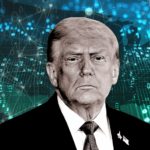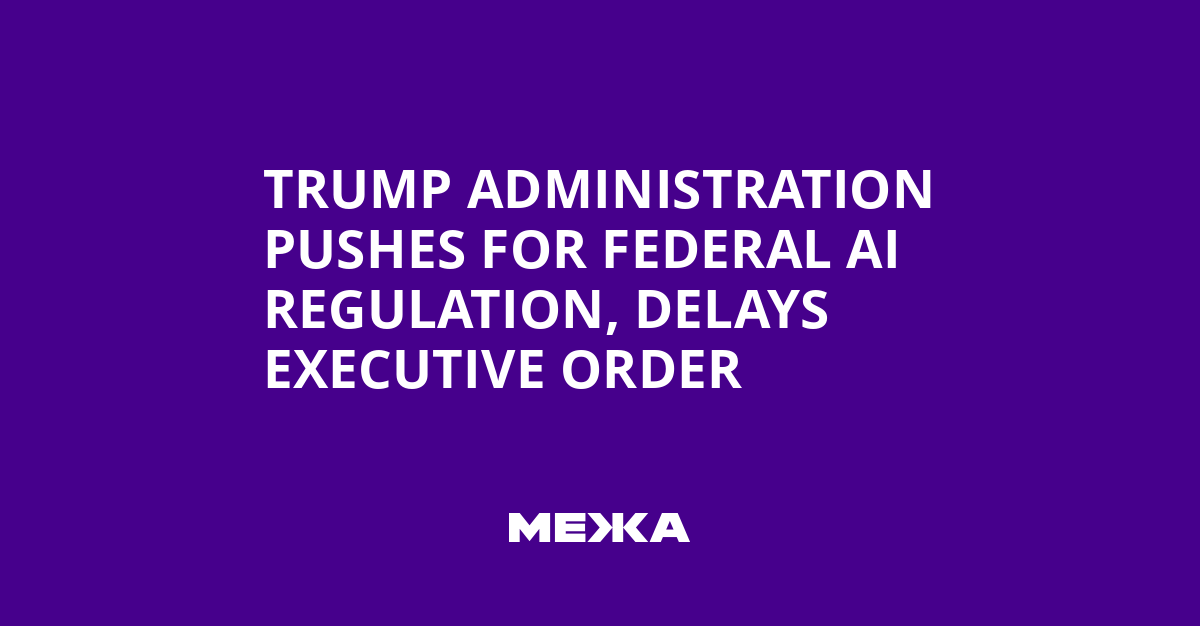The Trump administration has recently indicated a push for federal regulation of artificial intelligence (AI), expressing concerns over the current landscape of state-level regulations. This move seeks to establish a unified federal standard, rather than the fragmented regulatory environment that exists across the 50 states.
Historically, this call for a centralized regulatory framework aligns with previous efforts to restrict state-level governance, a principle that emerged during discussions surrounding the so-called “Great Beautiful Law.” However, this initiative was notably rejected by the Senate in a decisive 99–1 vote.
In a series of statements, the administration revealed that it was in the process of drafting an executive order aimed at forming an Expert Panel on AI Litigation. This panel would be tasked with challenging state laws through legal action. Such actions could potentially jeopardize states’ access to federal funding for broadband initiatives if they pursue their own regulatory measures.
Regulatory Landscape and Industry Implications
The conversation around AI regulation is intensifying within the tech sector. Some industry players, particularly those aligned with the current administration, are expressing skepticism towards companies advocating for safety initiatives, such as California’s regulatory efforts. This discord underscores a broader tension between those advocating for stricter regulations and those concerned about stifling innovation.
While the administration has signaled its intention to shape the regulatory environment, the executive order that could have formalized these plans has reportedly been delayed. If enacted, it could face substantial opposition, especially from within the Republican party, which has previously criticized the idea of imposing a moratorium on state regulations.
As the landscape evolves, the uncertainty surrounding AI regulations poses significant implications for the industry in the United States. The potential for a centralized regulatory framework raises questions about how companies will adapt to comply with new standards and the impact on innovation.
The current state of affairs reflects a critical juncture for AI governance, requiring stakeholders to navigate the complexities of compliance while balancing the drive for innovation and ethical considerations within the technology. As the government moves forward, the need for clarity and guidance in the regulatory framework will be paramount for the continued growth and development of the AI sector.
In summary, as the Trump administration strives for federal oversight of AI, the industry remains on high alert, grappling with the implications of potential legal challenges and shifts in the regulatory landscape. The ongoing dialogue about AI regulation will undoubtedly shape the future of technology, necessitating a careful examination of both the risks and opportunities that lie ahead.
See also EU AI Act Launches Comprehensive Regulations, Targeting High-Risk AI by 2026
EU AI Act Launches Comprehensive Regulations, Targeting High-Risk AI by 2026 Trump Administration Halts State AI Law Preemption Amid Legal and Political Challenges
Trump Administration Halts State AI Law Preemption Amid Legal and Political Challenges Nigeria Calls for Global Minerals Equity and AI Ethical Standards at G20 Summit
Nigeria Calls for Global Minerals Equity and AI Ethical Standards at G20 Summit Policymakers Unveil Three Divergent Approaches to Regulating AI for Mental Health
Policymakers Unveil Three Divergent Approaches to Regulating AI for Mental Health University of International Business and Economics Launches AI and Data Science School to Meet National Goals
University of International Business and Economics Launches AI and Data Science School to Meet National Goals


































































